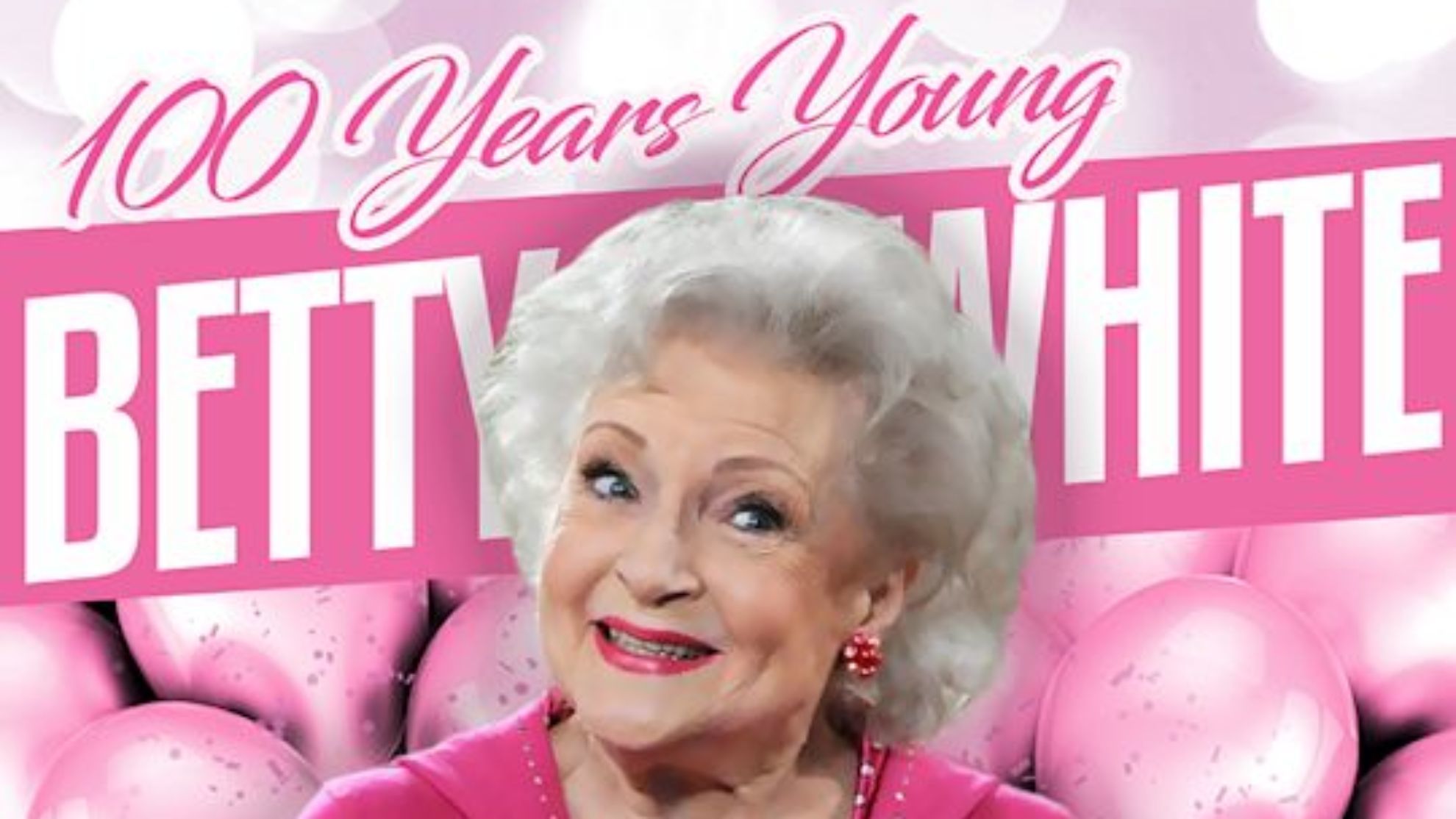 |
 |
| From left, Estelle Getty, Bea Arthur, Rue McClanahan and Ms. White in a 1989 episode of “The Golden Girls.”Credit...NBC, via Everett Collection |
 |
| Ms. White and her husband, Allen Ludden, at a fund-raising party for the Los Angeles Zoo in 1979. Ms. White had a longstanding interest in animal welfare.Credit...NewsBase/Associated Press |
She occasionally showed up on the big screen as well, most recently in “The Proposal” (2009) and “You Again” (2010). She was given a lifetime achievement award by the Screen Actors Guild in 2010.
In 2018 she was the subject of a PBS documentary, “Betty White: First Lady of Television.” The title, she joked, might have meant that she was the first woman ever on television.
 |
| Dana Edelson/NBC |
That same year she also returned to prime-time series television as one of the stars of the TV Land sitcom “Hot in Cleveland.” Her performance on that show as a feisty caretaker earned her yet another Emmy nomination. (She lost to Julie Bowen of “Modern Family.”) “Hot in Cleveland” ran for five seasons.
In 2012 “Betty White’s Off Their Rockers,” a hidden-camera show in which older people play pranks on younger people, made its debut on NBC. In addition to being the host, Ms. White was an executive producer.
In 2011, she published two books. The first, “If You Ask Me (and of Course You Won’t),” was a collection of essays and anecdotes about her life and career. The second, “Betty & Friends: My Life at the Zoo,” was about her love of animals and her long association with the Los Angeles Zoo.
Ms. White had a longstanding interest in animal welfare. In the early 1970s she produced and starred in a syndicated talk show, “The Pet Set,” in which celebrities talked about their pets. She also devoted time and money to organizations like the American Humane Association and the Fund for Animals. In 2006 she was honored by the Los Angeles Zoo, which named her “ambassador to the animals” and unveiled a plaque in her honor.
“Being remembered for Rose and Sue Ann and the others would be wonderful,” Ms. White told The Chicago Sun-Times in 1990. “But I also want to be remembered as a lady who helped the animals.”
 |
 |
As late as 2019, Ms. White was still doing voice-over work, most notably as a toy tiger named Bitey White in the animated film “Toy Story 4.” One of her last in-person appearances was on the 2018 Emmy Awards telecast. And she had just given an interview to People magazine in which she talked about her life as she turned 100.
“It’s incredible that you can stay in a career this long and still have people put up with you,” she told the assembled TV luminaries, who gave her a prolonged standing ovation. “I wish they did that at home.”


